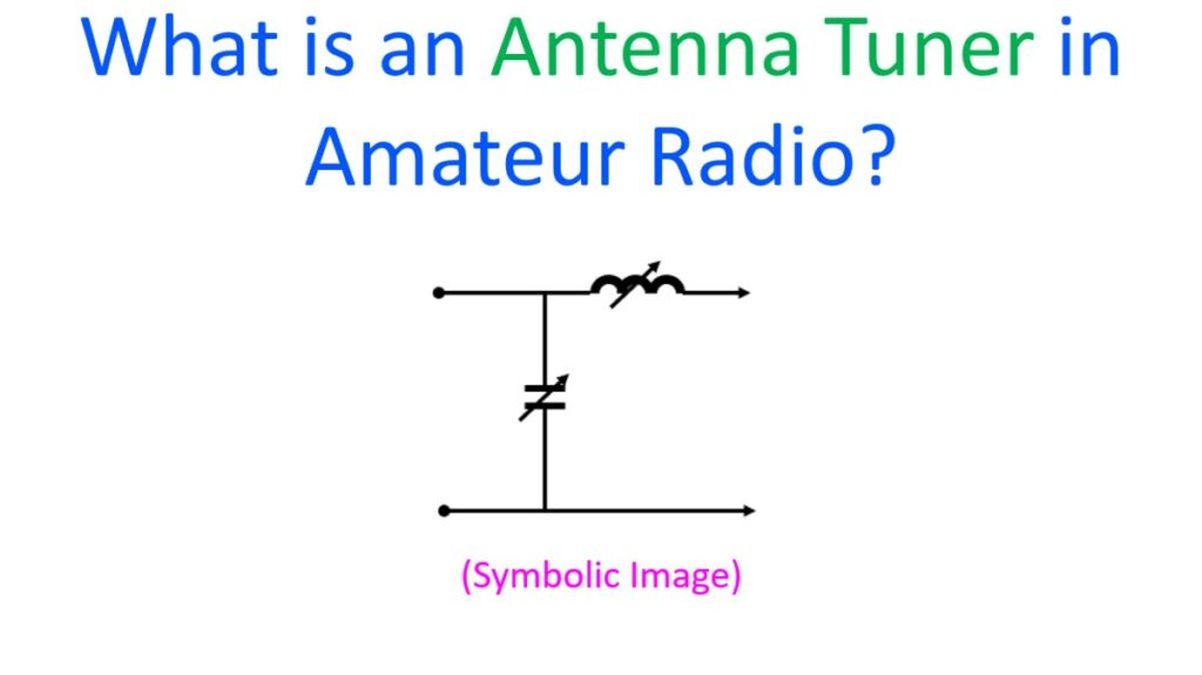What is an Antenna Tuner in Amateur Radio?
What is an Antenna Tuner in Amateur Radio?
Antenna tuner is a device used to match the output imepedance of the transceiver to that of the antenna. Optimal transfer of power occurs when the antenna is tuned to the frequency with a low standing wave ratio or SWR. When the antenna is mismatched, there will be high SWR leading to low radiated power and heating up of the final RF power amplifier as well as the feeder coax.
It is always better to have good matching of the impedances without the antenna tuner and antenna tuner being used to adjust minor mismatches. My friend used to tell that with an antenna tuner one could even load the signal to a window grill, but the radiated power will be low. This also occurs when one tries to use a 14 MHz antenna for 7 MHz or vice versa. You can use a 7 MHz half-wave dipole for 21 MHz which is an odd multiple harmonic frequency.

Most of the current day transceivers are built for an output impedance of 50 Ohms. Many of them also have a built-in automatic antenna tuner. They also have automatic power output reduction mechanisms to reduce power in case of mismatch to avoid damage to the RF power amplifier. Antenna tuner circuits of hand-held VHF/UHF transcievers have to work only on a narrow range of frequencies, unlike the HF which needs to work on a high range of frequencies.
An SWR meter is useful along with the antenna tuner to look for mismatch and adjust the tuning in case of mismatch for HF transceivers. More detailed information can be provided by antenna analyzers or impedance bridges. A remote antenna tuner attached to the antenna will be more efficient than one attached to the trasceiver, but technically more difficult to impelement.